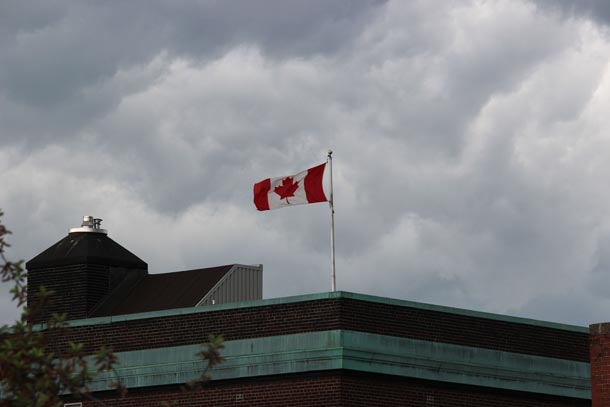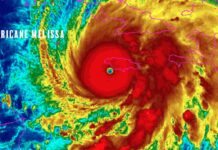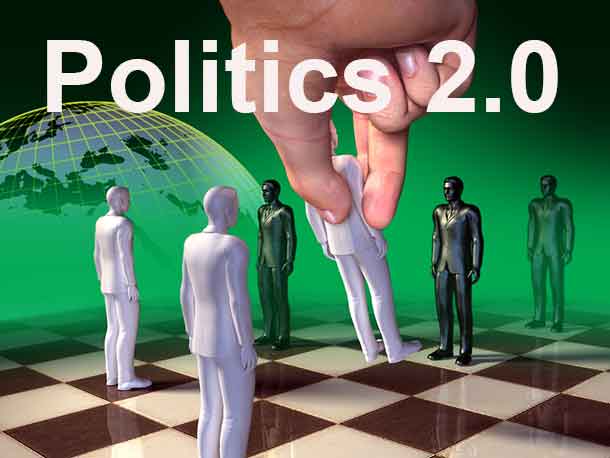Achieving the global temperature goals laid out in the Paris Climate Agreement is unlikely, according to research by economist Dick Startz
SANTA BARBARA – CLIMATE – The Paris Climate Agreement of 2016, which saw 195 nations come together in the shared goal of ameliorating climate change, set forth an ambitious goal of limiting global temperature rise to less than 2 degrees Celsius. Since then, many have wondered, is that even scientifically possible? Unfortunately, the odds aren’t looking good.
New research by Dick Startz, a professor in UC Santa Barbara’s Department of Economics, along with colleagues from the University of Washington and Upstart, suggests it is unfeasible for the world to meet the global temperature goals adopted in the agreement, and nearly unfathomable that the collective nations will exceed expectations.
Startz collaborated on a paper, published in “Nature: Climate Change,” that used a combination of statistical, scientific and economic data to paint a clear picture of the climate scenarios most likely by the year 2100. That picture is bleak.
The paper posits a 95 percent chance that global temperatures will increase by more than 2 degrees Celsius, and a less than 1 percent chance they will not exceed 1.5 degrees Celsius.
The team looked at statistical data from 1960 to 2010 and found that temperatures over the next 80 years will likely increase from two to 4.9 degrees Celsius, with a projected median of 3.2 degrees Celsius. It is most likely (a 90 percent chance) that global temperatures will fall somewhere in the middle of the range.
Though their conclusions are in agreement with those of many other climate experts, their methods varied from the norm. Startz and his co-authors employed an entirely data-driven model in their work that eschewed opinion in favor of evidence.
“Instead of focusing on expert opinion, we wanted to just rely entirely on what the data says,” Startz explained. “This is a high-tech statistical model that looks at what has happened to per-capita output in each country, to carbon intensity in each country, and to population in each country. What we find is that there is a wide range of what could happen, but unfortunately the bottom end of the range is still fairly bad, and the top end of the range is catastrophic.”
The researchers were surprised to find the major contributing factor in climate change over time was not population growth, but carbon intensity, which is a measure of carbon dioxide per unit of gross domestic product.
“For a lot of history, carbon intensity rises for a while, reaches a peak, and then starts to fall,” Startz explained. “Our predictions assume that carbon intensity is going to continue to trend downward, as it has been. That still leaves us in a mess. The only thing that is going to get us out of it is finding a way to make carbon intensity fall much more quickly than it has been.”
The model even takes into account the rate at which carbon emissions have been decreasing in recent years, but still comes up short. “If our carbon emissions keep getting better as fast as they have, we’re still in that much trouble,” Startz said. “That’s the best-case scenario, unless there is major change. Continued improvements in our carbon intensity aren’t going to be enough.”
So can anything prevent the seemingly inevitable warming of the Earth? Startz points to two possible but equally challenging solutions: major technological advances (such as innovations in battery power or safer nuclear power), or simply putting a high price tag on pollution. “We can hope for some magic breakthrough or we can do the unpleasant task of charging more when we’re polluting,” he commented, “but even that might not be enough.”
Though the worldwide economy would have to slow down “tremendously” for the findings in the paper to be erroneous, Startz said, he still hopes that somehow, for the sake of the planet, his predictions will prove incorrect. “Believe me,” he said, “there’s nothing we would like better than to be wrong.”







